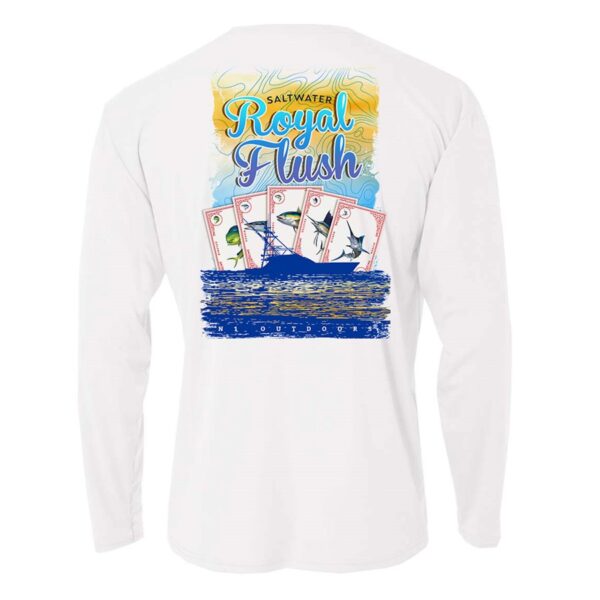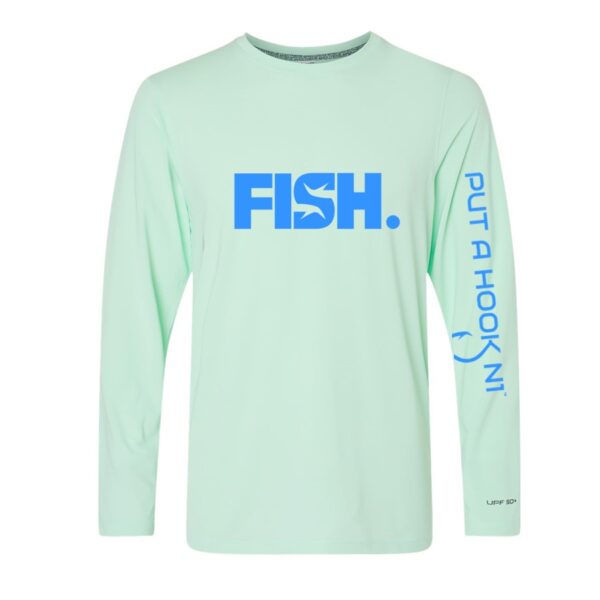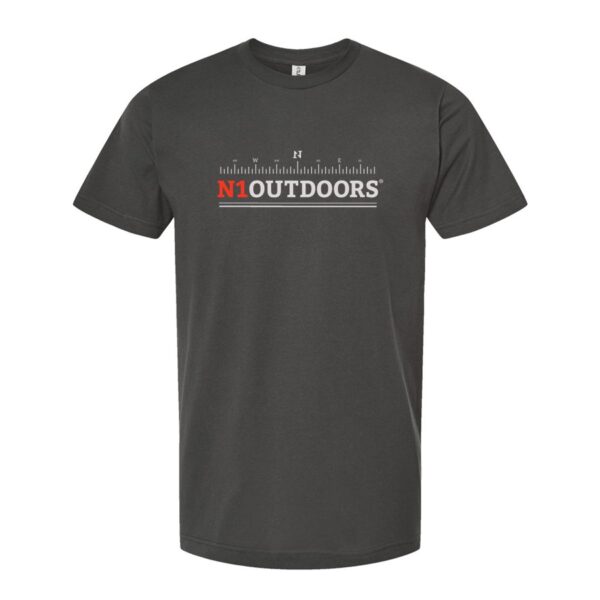To many outdoor enthusiasts, the freedom of gliding across open waters is too hard to resist. But, first things first… before venturing out on your aquatic adventure, you might be wondering: Do I need a license to drive a boat?”
The answer isn’t as simple as you might think.
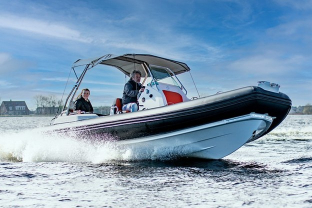
In many cases, you do need a license to operate a boat, but there are some exceptions. Let’s break it down and explore the ins and outs of boating licenses, so you can navigate the waters more safely and with renewed confidence.
State-Specific Requirements: Navigating the Patchwork of US Boating Laws
Unlike driving a car, where you need a license in every state, boating regulations can vary widely depending on where you drop anchor. It’s like a patchwork quilt of laws, each state with its own unique pattern.
Here’s a closer look at the key factors that might influence whether or not you need a boating license.
Boating Licenses and Education Certificates
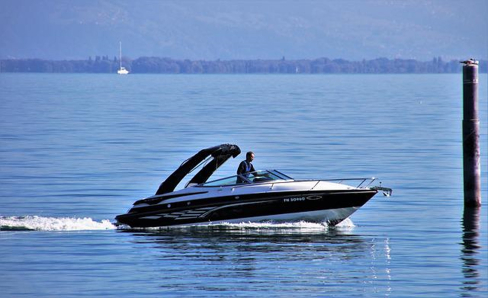
In most jurisdictions, what you’ll need is not technically a “license,” but rather a boating education certificate. This certificate proves you’ve completed a state-approved boating safety course. These courses cover essential topics like navigation rules, safety equipment, and emergency procedures—all the good stuff you need to know to keep yourself and others safe on the water.
The good thing is that many states recognize boating education certificates from other states. Even Canadian boaters can cruise through US waters, so long as they have a valid boat license and a Pleasure Craft Operator Card (PCOC). (If you plan to boat in Canada, here’s a guide to obtaining a license to drive a boat in Ontario.)
So, if you’re planning a cross-border boating adventure, your home state’s certificate might just be your golden ticket to ride your precious vessel.
More N1 fishing shirts like these HERE!
Age Matters
Here’s where things get a bit more complicated. Some states only require boating education certificates for certain age groups. For example:
- In California, motorized vessel boaters 60 years old and younger must finish a boating safety course and get a California Boater Card.
- The Sunshine State (Florida) requires anyone born on or after January 1, 1988, and operating a vessel with over 10 horsepower must have a boating education certificate and a boater safety identification card from the Florida Fish and Wildlife Conservation Commission.
- In New York, all motorboat operators born after January 1, 1978, need a certificate. This rule applies to everyone starting in 2025.
See what we mean about that patchwork? It’s certainly crucial to check the specific requirements for your state and any states where you plan to boat.
Vessel Type: Motorized vs. Non-Motorized
Another factor to consider is the type of boat you’re planning to operate. Some states only require certificates for motorized vessels, while others include sailboats over a certain length. Paddled craft like kayaks and canoes are usually exempt, but it’s always best to double-check.
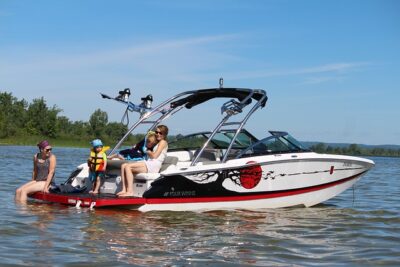
Given all the variables, the most important takeaway is this: always check the specific requirements for the state where you’ll be boating. Your best bet is to contact the state’s natural resources department or visit their official website for the most up-to-date information.
Types of Boating Courses and Certificates
In the U.S., there are several types of boating education certificates and courses available to help you become a safe and knowledgeable boat operator.
Here are your main options for getting a boating certificate:
- State-Approved Courses: Many states have their own approved courses that cover local regulations and safety guidelines. Check with your state’s agency for boating safety education requirements and certification options.
- National Courses: Organizations like the U.S. Coast Guard Auxiliary and the Power Squadrons offer nationwide courses that are widely recognized. Obtaining certificates from the National Safe Boating Council and the National Association of State Boating Law Administrators (NASBLA) are great options, too.
- Online Course Certificates: Many online platforms offer boating safety courses that are approved by state agencies or national organizations.
- Hands-On Training: Some schools offer practical, hands-on training. These are especially useful if you prefer learning by doing rather than through online materials.
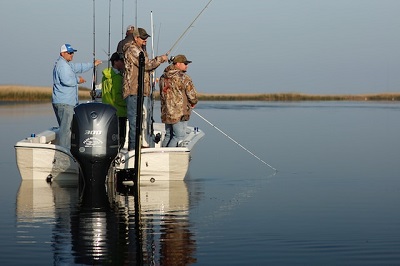
Whether you choose a national course, a state-specific program, or an online or hands-on option, a course completion certificate can be incredibly valuable. It’s a legal requirement in some states and is a wise step towards becoming a responsible and safe boater.
Boat Registration vs. Boating License
It’s also important to distinguish between boat registration and a boating license. In most states, registering your boat is a separate requirement from obtaining a license. Registration typically involves providing proof of ownership and paying a fee. It’s essential for legal operations and helps authorities track boats on the water.
Tips for Aspiring Boat Owners
The latest data shows there were 11.55 million recreational boats registered in the US in 2023—a slight drop from 11.77 million recorded a year before. While boating accidents have declined in recent years, over 4,000 incidents were reported in 2022, costing about $63 million in total damages.
Staying safe in the open waters requires you to be a responsible boat owner. Here are some tips to help you get started:
- Research Local Laws: Before you hit the water, make sure you’re familiar with local boating laws and regulations. Each state—and sometimes even each county—can have different rules. If you’re planning to explore the Floridian waters, for instance, go to the Florida Fish and Wildlife Conservation Commission, as mentioned previously, to learn about domestic boating regulations.
- Take a Boating Course: As mentioned earlier, taking a boating safety course can make you a more competent and confident boat operator.
- Get Insurance: Insuring your boat protects you in the unfortunate event of accidents, damages, or other liabilities. Some marinas and docking facilities might even require proof of insurance before you can moor your boat.
- Know Your Boat: Understanding the specifics of your vessel, from its engine to its navigation systems, will help you operate it safely and efficiently. You also need to know the basics of boat maintenance to keep it in top shape.
- Stay Updated: Boating regulations can change, so it’s a good idea to stay informed about any updates that might affect you.
Boating is a fantastic way to spend time on the water, but it’s essential to prioritize safety and follow all regulations to ensure a great experience for everyone involved.
What About Renting a Boat?

If you’re not ready to commit to boat ownership, renting is a great way to enjoy boating without having the the full responsibility that owning a boat requires. Rental companies often require you to have a boating safety certificate, even if you’re just renting for a day. This ensures that renters understand basic boat safety protocols and can handle the vessel responsibly.
Where To Find Boating Regulations For Your State
Below is a list of the Department of Natural Resources (or their equivalents) for every U.S. State. Be sure to visit your state’s DNR website to learn more about boat licensing and regulations in your state:
- Here’s a list of the Departments of Natural Resources or their equivalent agencies for each U.S. state:
- Alabama – Alabama Department of Conservation and Natural Resources: www.outdooralabama.com
- Alaska – Alaska Department of Fish and Game: www.adfg.alaska.gov
- Arizona – Arizona Game and Fish Department: www.azgfd.com
- Arkansas – Arkansas Game and Fish Commission: www.agfc.com
- California – California Department of Fish and Wildlife: wildlife.ca.gov
- Colorado – Colorado Parks and Wildlife: cpw.state.co.us
- Connecticut – Connecticut Department of Energy and Environmental Protection
- Delaware – Delaware Department of Natural Resources and Environmental Control
- Florida – Florida Fish and Wildlife Conservation Commission: myfwc.com
- Georgia – Georgia Department of Natural Resources: gastateparks.org
- Hawaii – Hawaii Department of Land and Natural Resources
- Idaho – Idaho Department of Fish and Game
- Illinois – Illinois Department of Natural Resources
- Indiana – Indiana Department of Natural Resources
- Iowa – Iowa Department of Natural Resources: www.iowadnr.gov
- Kansas – Kansas Department of Wildlife and Parks: ksoutdoors.com
- Kentucky – Kentucky Department of Fish and Wildlife Resources: fw.ky.gov
- Louisiana – Louisiana Department of Wildlife and Fisheries
- Maine – Maine Department of Inland Fisheries and Wildlife
- Maryland – Maryland Department of Natural Resources
- Massachusetts – Massachusetts Executive Office of Energy and Environmental Affairs
- Michigan – Michigan Department of Natural Resources
- Minnesota – Minnesota Department of Natural Resources
- Mississippi – Mississippi Department of Wildlife, Fisheries, and Parks: www.mdwfp.com
- Missouri – Missouri Department of Conservation: www.mdc.mo.gov
- Montana – Montana Fish, Wildlife & Parks: fwp.mt.gov
- Nebraska – Nebraska Game and Parks Commission: outdoornebraska.gov
- Nevada – Nevada Department of Wildlife: ndow.org
- New Hampshire – New Hampshire Fish and Game Department
- New Jersey – New Jersey Division of Fish and Wildlife: www.njfishandwildlife.com
- New Mexico – New Mexico Department of Game and Fish
- New York – New York State Department of Environmental Conservation
- North Carolina – North Carolina Wildlife Resources Commission: www.ncwildlife.org
- North Dakota – North Dakota Game and Fish Department
- Ohio – Ohio Department of Natural Resources: ohiodnr.gov
- Oklahoma – Oklahoma Department of Wildlife Conservation: wildlifedepartment.com
- Oregon – Oregon Department of Fish and Wildlife: myodfw.com
- Pennsylvania – Pennsylvania Game Commission: www.pgc.pa.gov
- Rhode Island – Rhode Island Department of Environmental Management
- South Carolina – South Carolina Department of Natural Resources: www.dnr.sc.gov
- South Dakota – South Dakota Game, Fish and Parks: gfp.sd.gov
- Tennessee – Tennessee Wildlife Resources Agency: www.tnwildlife.org
- Texas – Texas Parks and Wildlife Department: texasparksandwildlife.gov
- Utah – Utah Division of Wildlife Resources
- Vermont – Vermont Fish and Wildlife Department: vtfishandwildlife.com
- Virginia – Virginia Department of Wildlife Resources
- Washington – Washington Department of Fish and Wildlife
- West Virginia – West Virginia Division of Natural Resources: www.wvdnr.gov
- Wisconsin – Wisconsin Department of Natural Resources
- Wyoming – Wyoming Game and Fish Department
Final Thoughts On Boat Licensing
Driving a boat can be one of the most rewarding ways to enjoy the great outdoors. It can give you a sense of freedom while being closely connected with Gods’ Creation.
But before exploring the many waters, take time to educate yourself about boating regulations and comply with state-specific requirements where you intend to boat. Hopefully, the above links to your state’s DNR will be helpful in you learning more about your state’s particular set of rules as it pertains to boat ownership.
Happy and safe boating!


